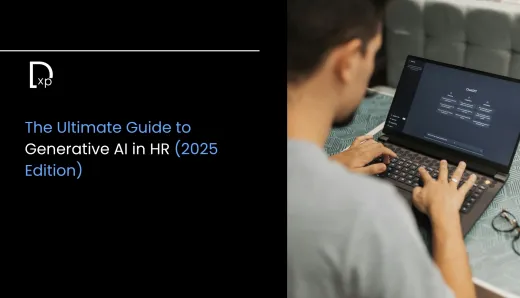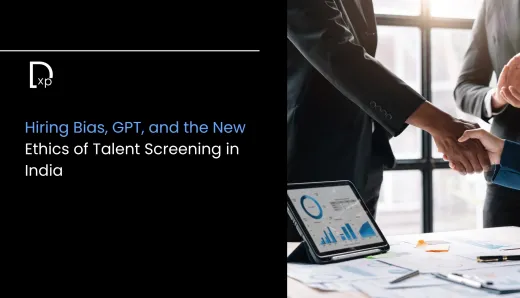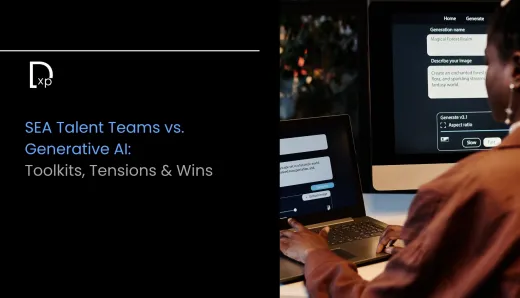When AI Meets Biology: The New Frontier in Drug Discovery

For decades, drug discovery was a long, expensive, and often disappointing process. Scientists would spend years testing compounds, analyzing results, and hoping for a breakthrough that might, just might, become a treatment. It was a game of patience and probability. But something is changing. At the intersection of biology and artificial intelligence, a revolution is unfolding. The lab is no longer the only place where medicines are born. The algorithm is entering the picture, and with it, the future of AI in healthcare is being redefined.
This shift did not happen overnight. The foundation was laid over years of progress in both fields. Biology has become increasingly data-driven. From gene sequencing to protein folding, the amount of biological information available to researchers has exploded. At the same time, AI systems have matured. No longer limited to language tasks or image recognition, they are now capable of finding patterns in complex, unstructured data, the kind biology has in abundance.
When the two come together, the results are staggering. AI can analyze massive datasets of molecular structures, identify potential targets for drugs, and even suggest the chemical compounds most likely to interact with those targets. What once took years can now be done in months. In some cases, even weeks.
Take DeepMind’s AlphaFold, for example. In 2020, it solved a biological problem that had stumped scientists for 50 years, predicting the 3D structure of proteins from their amino acid sequences. This was not just a technical achievement. It was a leap that unlocked new possibilities in medicine. Knowing how a protein folds means knowing how diseases form and how drugs can stop them. And AI did it faster and more accurately than any human-led effort before.
But the story doesn't end with AlphaFold. Startups and pharmaceutical giants alike are now investing in AI-driven drug discovery platforms. These systems are being trained on databases of known drugs, disease pathways, and genomic information. The goal is to predict which compounds might work for which conditions, and more importantly, why. That "why" is crucial. It's not enough for AI to offer an answer. It must explain the reasoning behind it, especially in a field where human lives are at stake.
This is where the future of AI becomes not just a technological question, but a philosophical one. How much do we trust machines to guide decisions in medicine? The answer lies in partnership. AI is not replacing scientists. It’s augmenting them. It offers a second brain, one that never tires, forgets, or makes intuitive leaps without data. But it still needs human oversight, judgment, and ethical direction.
The benefits are already showing. During the COVID-19 pandemic, AI was used to scan existing drugs for their potential against the virus. It helped identify candidates faster than traditional screening methods. In cancer research, AI is being used to design personalized treatment plans by analyzing genetic mutations unique to each patient. In neurology, it’s helping uncover connections between genes and diseases like Alzheimer’s.
These are early days, and the system is far from perfect. AI models can be biased. If trained on flawed data, they can offer flawed suggestions. In drug discovery, this can mean wasted time, money, and in the worst cases, harm. Regulators are grappling with how to oversee this emerging landscape. The question of who is accountable when an AI-made suggestion goes wrong is still unresolved.
Yet the momentum is impossible to ignore. The costs of drug development, once pegged at billions of dollars per new drug, could come down dramatically. The timelines could shrink. And access could expand, bringing hope to rare disease patients and underserved populations who have long waited for treatments that never came.
India, too, is entering the race. With its large biotech sector and growing pool of AI talent, the country is well-positioned to become a global hub for AI-powered drug discovery. Several homegrown startups are already making waves, partnering with global pharmaceutical firms and research institutions. The challenge will be to build the infrastructure, protect patient data, and ensure ethical standards are upheld.
What we are witnessing is not just a technological trend. It is a redefinition of how science is done. The microscope gave way to the computer, and now the computer is giving way to the neural net. The future of AI is not only about faster machines or smarter models. It’s about what happens when these machines touch the very fabric of life; DNA, cells, proteins, and begin to suggest what comes next.
This is the new frontier in drug discovery. It is filled with promise, complexity, and risk. But most of all, it is filled with the possibility that tomorrow’s cures may not come from a lab bench alone, but from a carefully crafted algorithm. The future of AI may well be written not in code, but in the language of biology.




